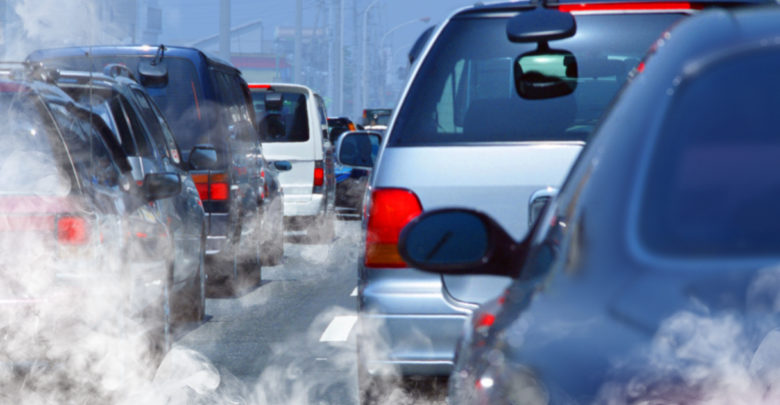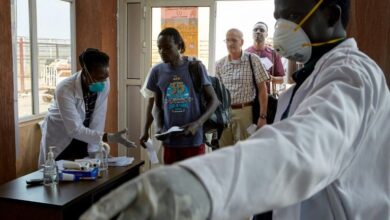
The World Health Organization (WHO) on Monday warned that almost 99 percent of people on Earth breathe air containing too many pollutants, reported CGTN Africa. It blamed poor air quality for millions of deaths across the globe each year.
The latest data from the UN health agency showed that every corner of the globe is dealing with air pollution, although the problem is much worse in poorer countries.
“Almost 100 percent of the global population is still breathing air that exceeds the standards recommended by the World Health Organization,” the WHO’s environment, climate change, and health director Maria Neira told reporters. “This is a major public health issue.”
The global health body said that in its previous report released four years ago, it found that over 90 percent of the global population was affected, but it has since tightened its limits.
The WHO said the evidence base for the adverse effects of air pollution has been growing rapidly and points to significant harm caused by even low levels of many air pollutants.
The UN data released last year indicated that pandemic lockdowns and travel restrictions caused short-lived improvements in air quality. But, the UN health agency said air pollution remains a towering problem.
Neira said it is unacceptable to have seven million preventable deaths and countless preventable lost years of good health due to air pollution.
The study report provides air quality data from more than 6,000 cities and other settlements across 117 countries, representing around 80 percent of urban settings.
In addition, Neira said WHO used satellite data and mathematical models to determine that air quality is falling short basically everywhere. She said the poorest air quality was found in the eastern Mediterranean and Southeast Asia regions, and Africa.
The organization said the findings were alarming and highlighted the importance of rapidly curbing fossil fuel use.
WHO chief Tedros Adhanom Ghebreyesus said worries over soaring energy prices, partly due to the ongoing Russia-Ukraine war, should help propel change.
“Current energy concerns highlight the importance of speeding up the transition to cleaner, healthier energy systems,” he said in a statement.






